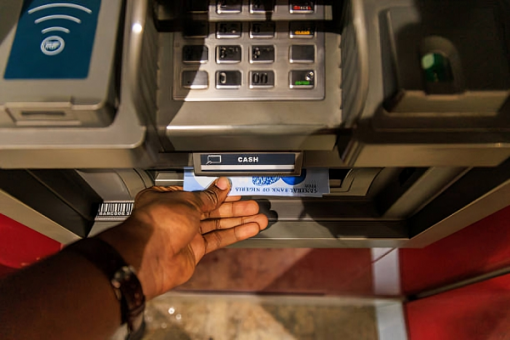This was contained in a circular dated February 10, 2025, and addressed to all banks and financial institutions, the apex bank’s acting Director of Financial Policy and Regulation Department, John Onojah.
“The three free monthly withdrawals allowed for remote-on-us (other bank’s customers/not-on-us consumers) in Nigeria under Section 10.6.2 of the Guide shall no longer apply,” the circular partly read.
The CBN directed banks and other financial institutions to apply the following charges with effect from March 1, 2025.
The apex bank said while customers withdrawing at the ATMs of their banks and financial institutions won’t be charged, customers withdrawing from the ATM of other banks would now be charged ₦100 per every ₦20,000.
The CBN said for off-site ATMs — automated teller machines not on a bank’s premises – like those at shopping malls, eateries and other public places — a surcharge of not more than ₦500 per every ₦20,000 will apply in addition to the statutory ₦100 fee for withdrawals by customers of other banks’ ATMs.
The apex bank attributed the reviewed charges to rising costs and the need to improve the efficiency of ATM services in the country.
“This review is expected to accelerate the deployment of ATMs and ensure that appropriate charges are applied by financial institutions to consumers of the service,” the circular stated.











